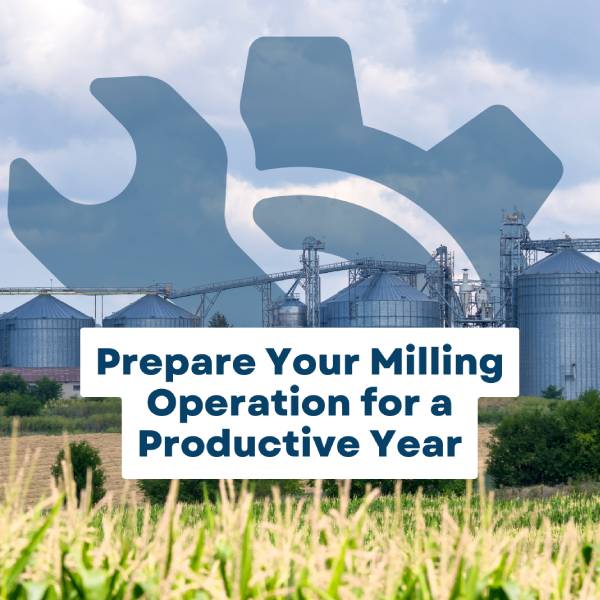With peak milling season around the corner, now is the time to ensure your operation is running at maximum efficiency and ready for high production demands. Proper maintenance and preparation are key to preventing downtime, improving product quality, and extending the lifespan of your milling equipment. Whether you’re running a small-scale or industrial milling operation, these five essential steps will help you lay the foundation for a productive and profitable year.
1. Inspect and Clean Your Milling Equipment
Dust, debris, and residue from previous production cycles can build up in your milling machines, leading to reduced efficiency and potential breakdowns. Start by thoroughly cleaning all components, including:
- Roller mills
- Sieves and filters
- Conveyors and augers
- Bearings and belts
Regular cleaning prevents contamination, ensures smoother operation, and reduces wear on moving parts. Implement a daily and weekly cleaning schedule to maintain optimal performance throughout the year.
2. Schedule Preventative Maintenance
Unexpected breakdowns can halt production and lead to costly repairs. A preventative maintenance plan helps you avoid these setbacks by addressing small issues before they become major problems. Key maintenance tasks include:
- Checking and lubricating moving parts
- Inspecting bearings and replacing worn-out components
- Tightening bolts and securing loose connections
- Aligning belts and pulleys for smooth operation
Our Maize Master technicians are available to conduct routine maintenance or train your staff, ensuring minimal downtime during peak milling seasons.
3. Reflute and Sharpen Your Rollers
One of the most critical components of any milling operation is the condition of the rollers. Over time, rollers wear down, affecting the efficiency and consistency of your milling process. Roller refluting restores the grooves on the rollers, improving grain processing and increasing milling efficiency. Benefits of roller refluting include:
✔ Enhanced grain separation
✔ Increased extraction rates
✔ Consistent flour and meal quality
✔ Reduced energy consumption
If your rollers are worn or have lost their sharp edges, schedule a refluting service with Maize Master before the high-production season begins.
4. Calibrate Your Milling Machines
Proper calibration ensures that your machines are operating at their best capacity and producing high-quality maize meal or flour. Test and adjust:
- Feed rates to optimise grain input
- Sieve settings to achieve the desired particle size
- Roller gap settings to maintain milling precision
- Moisture levels to prevent product spoilage
Regular calibration not only enhances efficiency but also ensures consistency in your final product, leading to satisfied customers and higher profitability.
5. Stock Up on Spare Parts and Consumables
Avoid costly delays by keeping essential spare parts and consumables on hand. Critical components to stock include:
- Bearings and seals
- Belts and pulleys
- Roller fluting segments
- Lubricants and cleaning supplies
By maintaining a well-stocked inventory, you can quickly address minor repairs and replacements, keeping your milling operation running smoothly year-round.
Looking for roller refluting services or spare parts? Contact us today and get your milling equipment ready for a successful year!


